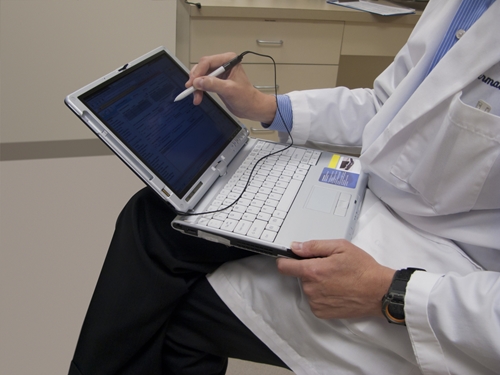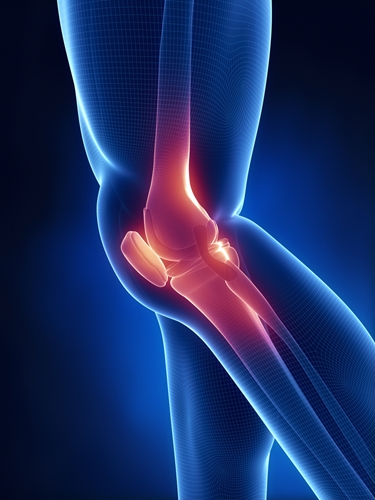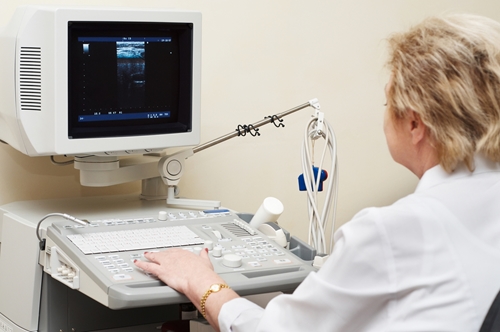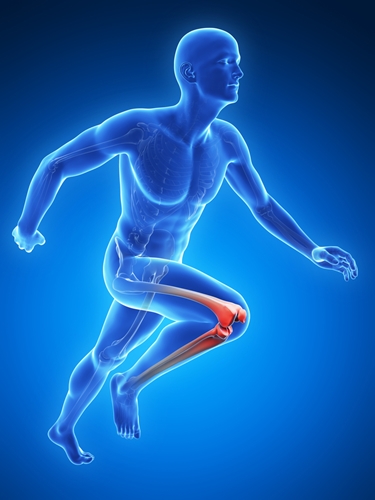
New survey reports physicians’ EHR usage
New studies show that electronic health records are becoming the norm across all levels of the health care industry. While the successes are shown in numbers, some doctors are skeptical due to patient and security concerns.

Is EHR point-of-care more useful than standard clinical trials?
A recent study conducted by the University of Manchester and published in the journal Health Technology Assessment suggests that using electronic health records to identify the better of two treatment options is more time efficient and less costly than standard clinical procedures.

Studies reveal new ACL reinjury prevention strategies
Athletes depend on each and every one of their muscles operating at peak levels to perform well.

Critical access hospitals still behind in EHR adoption race
Small practices have always had a more difficult time purchasing and implementing electronic health record systems than larger health care networks.

Partial knee replacements safer than total procedures
Medical procedures balance the risk surgeries pose to patients' health with the effectiveness of each treatment.

EHRs are about more than meaningful use [VIDEO]
If your practice has implemented an electronic health records system, then hopefully you and your staff have been experiencing the many ways that EHRs can benefit you and your patients.

Targeted anesthesia shortens stays after hip fracture surgery
As the human body ages, it steadily loses bone density.

EHRs keep patients and doctors connected
When it comes to electronic health records, there has been so much said by government officials, industry experts and healthcare professionals it can be tough for doctors to know exactly how this technology can benefit them and their patients.

EHRs encourage doctor collaboration [VIDEO]
These days, people are being encouraged to take greater control of their health. As part of this, it's becoming increasingly common for patients to ask for second opinions and visit multiple doctors.

Study reveals lack of interoperability between certified EHR systems
A recent study in the Journal of the American Medical Informatics Association indicates that some EHR systems that were certified under stage 2 of meaningful use are not compatible with other EHR software.

Advanced EHR use saves 10 percent of admission expenses
Physicians and other health care professionals who work with electronic health record systems every day have constantly wondered if the technology is worth the effort it takes to implement and comprehensively it.

One-third of total knee replacements may be unnecessary
Within the discussion on health care reform, many people bring up unnecessary medical procedures as one of the biggest sources of wasted money in the medical industry.

Report finds user error and software quirks responsible for challenging EHR implementation
Most healthcare professionals agree that electronic health records will eventually save them time and money, but in the short term, EHRs are proving cumbersome at best.

How can orthopedic EMR software improve productivity?
Any change in daily office routine can be difficult, but implementing electronic health records can be a challenge like no other.

How to improve human interfacing with EHR software
Despite near universal agreement among healthcare providers that electronic health records are a good idea, as well as the monetary incentive of the CMS' meaningful use program, many providers are having difficulty taking full advantage of EHR software.

ONC publishes EHR interoperability plan
As electronic health records continue to evolve alongside the health care industry's attempts at comprehensive reform, various federal agencies have attempted to codify regulations regarding the interoperability of EHR systems.

Bundling could reduce cost of orthopedic surgery
Medical billing may have just gotten easier for orthopedic practices.

Supermarket EHRs to help with obesity education
Childhood obesity is at an all-time high in the U.S. According to the Centers for Disease Control and Prevention, not only has childhood obesity doubled in the past 30 years, but adolescent obesity has quadrupled.
